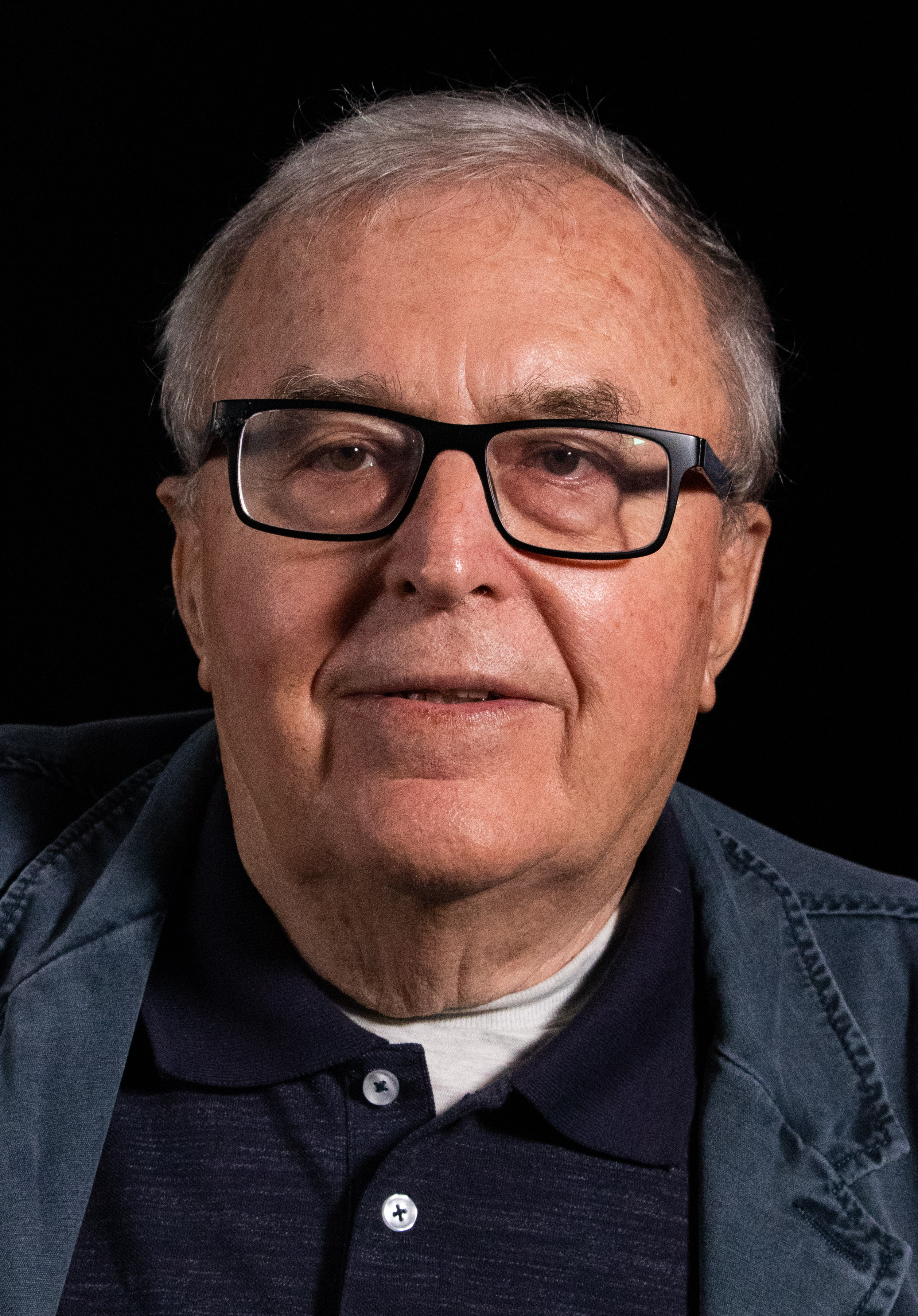I followed the rule of not allowing any secret contact

Stáhnout obrázek
Jiří Sedmidubský was born on 27 May 1940 in Rovensko pod Troskami to parents Miloš and Ludmila, née Štučková. In his childhood he was a member of a scout troop, he was shaped by an anti-communist family environment, his father was a National Socialist. After graduating from the eleventh grade in Turnov in 1957, he was accepted to the University of Chemical Technology (VŠCHT), majoring in inorganic chemistry of silicates. He graduated there in 1962, then joined the Glass and Ceramics High School in Teplice as a teacher, where he worked for six years. At the beginning of August 1968 he moved with his family to Rakovník, where he was offered a job at the Rakovník Ceramic Works (RKZ). He experienced the invasion of the Warsaw Pact armies, which was the impetus for the emigration of his brother Miloš to Austria. He worked his way up to the head of technical preparation of production, completed his postgraduate studies at the University of Technology, defended his scientific research assistantship and obtained the degree of CSc. He never joined the Communist Party. He and his wife Olga raised two sons, David and Tomáš. In 1974, before one of his business trips to the West, he was approached by State Security (StB). Jiří Sedmidubský confirmed that he would meet his brother and informed his superior about his contact with the StB. Due to his frequent foreign travel, StB targeted him again from 1978 onwards, when they began to investigate him as a candidate for cooperation. The witness repeatedly provided them with information about his work contacts abroad, and his co-workers and supervisors were said to know about everything. He never signed the cooperation, but until the 1990s he was unaware that the State Security officers had de facto carried out the so-called binding act, and thus he found himself on the list of secret collaborators. State Security removed him from the register in 1985 for passivity and low effectiveness. In 1994, the High Court in Prague confirmed that Jiří Sedmidubský had been listed illegally. After 1990, he became the director of RKZ and was also the founder and first chairman of the Silicate Union. In 2019 he lived in Rakovník.

